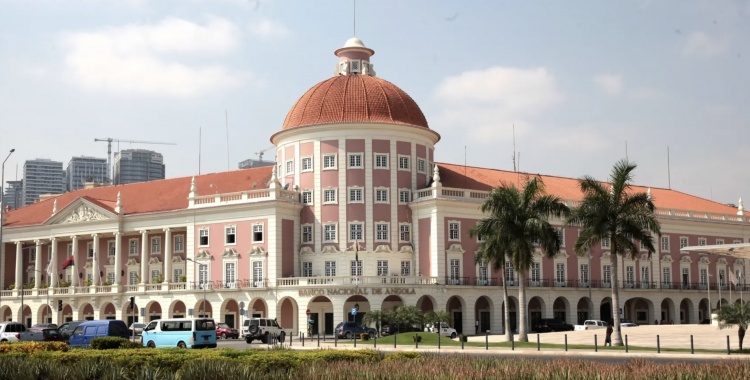The governor of the National Bank of Angola (BNA), Manuel Tiago Dias, said that these decisions are justified by the need to maintain monetary conditions appropriate to the slowdown in the pace of price growth in the national economy and to reduce inflationary pressures in the short term.
Speaking at a press conference this Thursday, at the end of the 119th meeting of the BNA Monetary Policy Committee, the official highlighted the slowdown in the monthly variation of the National Consumer Price Index (IPCN) that began last May, as one of the reasons for this decision.
He stressed that the slowdown in the IPCN began in May and the trend continued in August, "resulting from the relative improvement in the supply of essential consumer goods and the adequacy of the liquidity level to economic activity".
Inflation stood at 30.53 percent in August, beginning a downward trend that is expected to continue in the coming months, he said, taking into account the current liquidity conditions and supply of essential consumer goods, he noted, citing data from the National Statistics Institute (INE).
When asked about the inflation target for this year – set by the BNA in May at 23.4 percent – the governor of the central bank of Angola reiterated the downward trend of inflation to justify maintaining his projections.
"We have also started to observe a fall in year-on-year inflation, we went from 31 percent in July to 30 percent now (August). We expect this trend to continue in the coming months, which is why we believe it is not appropriate to review our inflation target for this year," he stressed.
Manuel Tiago Dias also reported that in the monetary domain, the monetary base in national currency expanded by 3.6 percent in August, bringing the accumulated expansion since the beginning of the year to 9.95 percent.
Regarding a possible intervention by the BNA to increase the value of the kwanza, Tiago Dias said that the devaluation of the national currency in the last two months was due to the high demand for foreign currency, ensuring that the regulator will continue to monitor the market.
The BNA believes that "it is premature, for now, to make an intervention as such, but the monetary policy conditions ultimately determine whether or not the BNA should intervene in the markets", he concluded.
The next meeting of the BNA's Monetary Policy Committee will take place on 18 and 19 November, in the city of Ndalatando, in the province of Cuanza Norte.







